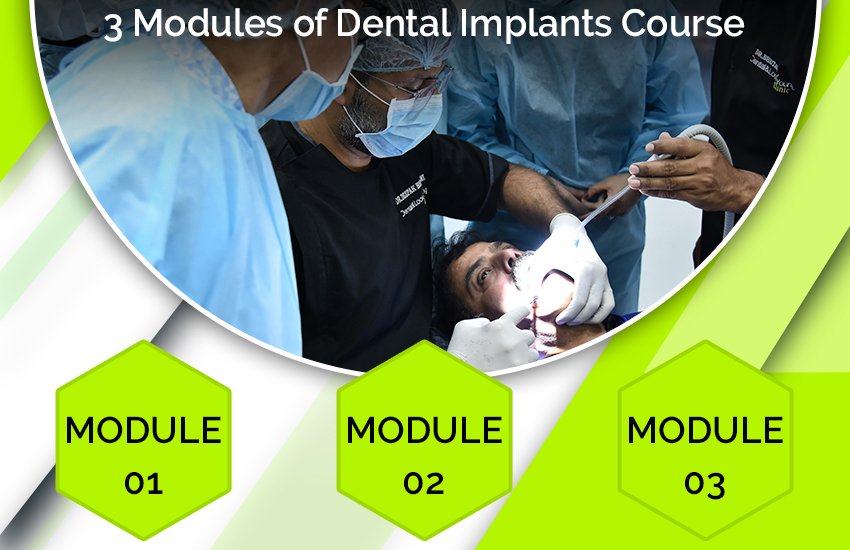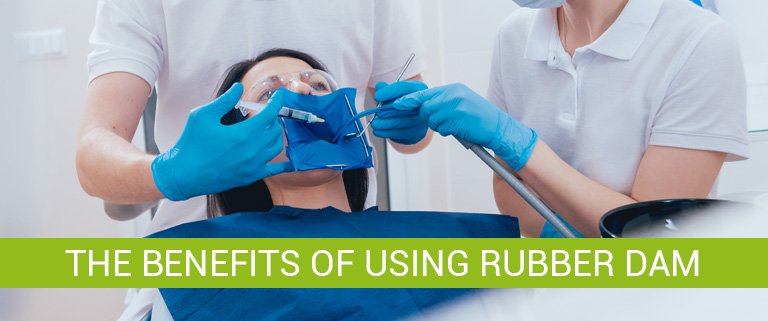We, at Dr. Bhutani Dental Courses Delhi, are one of the most famous Dental Training Courses in Delhi. The three modules of dental implants course offered by us are Prosthetic Phase of implants, Trios 3 shape scanner and hands-on training for dental implants course.
- Module-I: Diagnosis, Treatment Planning
- Module-II: Basic Implantology and Advanced Treatment Planning
- Module-III: Prosthetic Phase
Module-I: Diagnosis, Treatment Planning
Trios 3 shape Scanner
It involves wireless technology for scanning. It helps to optimize comfort for both the dentist and the patient. The dentists can take photos of their patient’s faces and easily design the future smile of their patients after providing the treatment. You can deliver directly the design to your patient’s phone for showing their friends and families. Trios 3 shape scanner also allows you to show the difference between the patient’s present dental condition and the stimulated results after the treatment. The dentist can share information for visual monitoring regarding the changes within the treatment to take preventative care. Moreover, it allows the in-house design making to develop your dentistry services.
Module-II: Basic Implantology and Advanced Treatment Planning
It helps to enhance efficiency and knowledge of the practical working of dental implant courses in India. We, at Dr Bhutani Dental Courses in Delhi, provide original kits of different types of dental implants systems. It helps to get specific hands-on training for dental implants including Dental Clinical Courses in Delhi effectively.
Module-III: Prosthetic Phase of Dental Implants Course
The prosthetic phase of implants involves initial consultation to determine whether the patient’s condition is suitable to follow a reconstructive procedure. An initial treatment plan is made to consider the patient’s major issue, medical history and diagnostic impression to get the study model accurately. The bone mapping process can be followed to measure the availability of bone volume within the jawbones.
The complete team for providing dental implants course treatment includes prosthodontists, laboratory technicians, and other specialists. The team structures detailed treatment plan considering the already mentioned things regarding the dental implants treatment. The different options for dental implant treatment are explained to the patient for approval. It is essential to inform the patients about the different types of implants, the requirement of ancillary procedure or grafting procedure is needed. It is also important to explain the application of local anaesthesia and the benefit-risk ratio of the different types of dental implants treatment procedures.
Importance of module-based course for advance treatment
The module-based course for advance treatment involves the evaluation and application of the latest technology-based innovations, the latest advancement of dentistry and future research. By joining the module-based course, you can get the impact of the application of the latest technology for the dental equipment and improved planning methods for providing dental treatment. You will achieve skills by improving your efficiency within the workplace, comprehensive knowledge of the specific part of dentistry and technical skills. If you join Dr Bhutani Dental Courses in Delhi, you will get the facilities for online discussion with the highly qualified and experienced mentors regarding the specific course.
We, at Dr. Bhutani Dental Courses in Delhi, have well experienced and internationally certified mentors. They follow the above-mentioned modules while they provide training and guideline for dental implants course in India.


